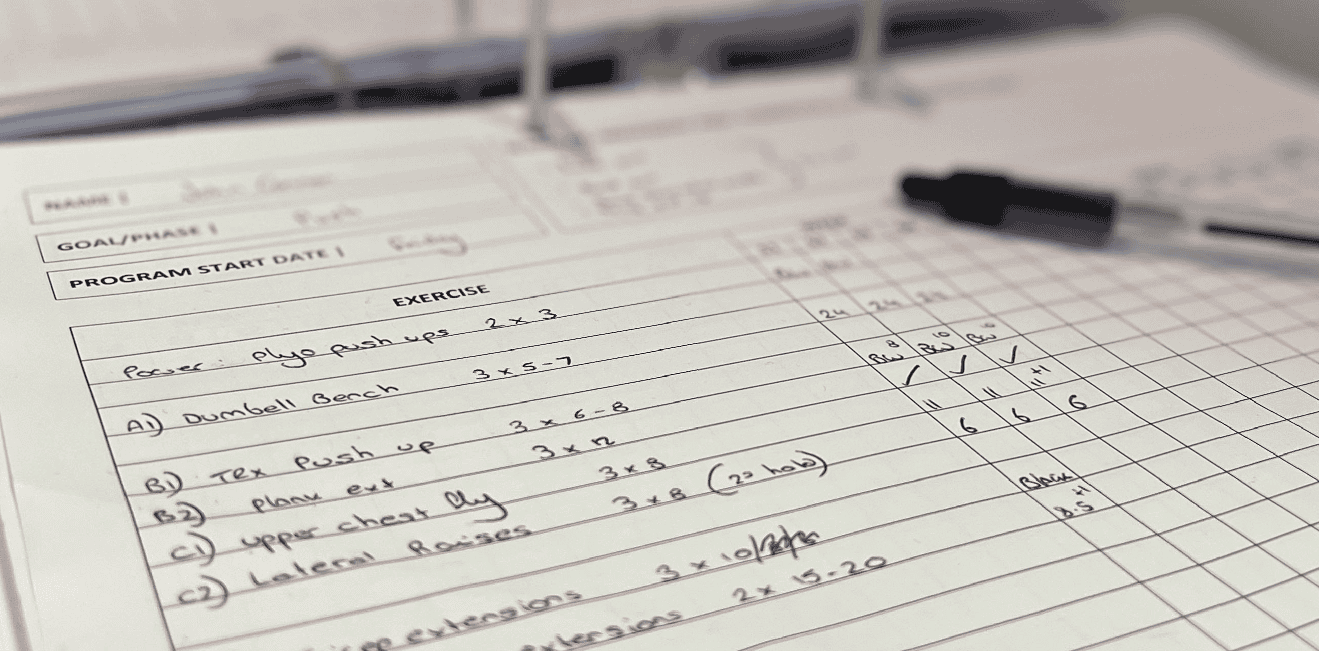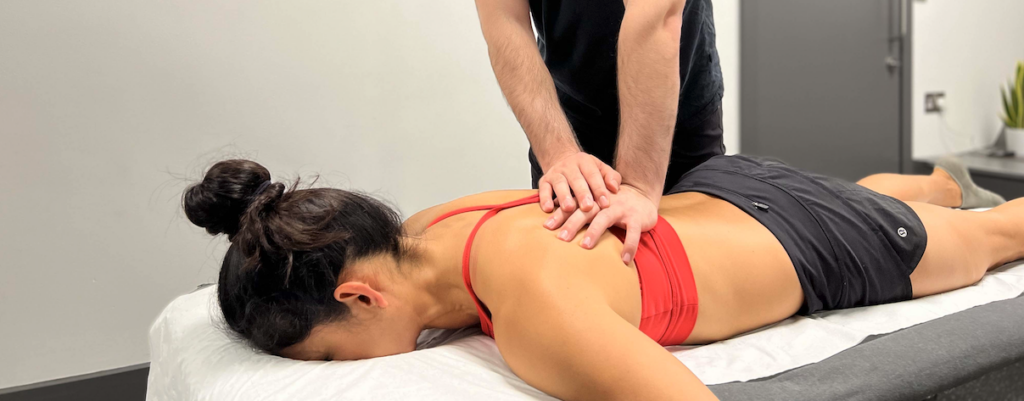Rest days are just as important as exercise days. A well-planned training program will incorporate 1-2 rest days a week, sometimes up to 3. It’s on the rest days that our bodies are allowed to recover and repair. Without them, we start to creep into overtraining territory and we risk increasing our chances of injury or experiencing fatigue. In this article, we will cover the importance of rest days and how effective they can be in achieving your goals and continuing to make progress in the gym.
How many gym rest days a week?
Having questions about rest days is completely normal. It’s not usually the first topic of conversation when everyone talks about going to the gym or starting out with a new exercise program. Which gym and exercise selection usually top the list instead.

The ideal number of rest days a week will differ per person depending on the frequency, intensity and volume of training, but also how your lifestyle looks outside of the gym. If stress levels are pretty low and your lifestyle isn’t too crazy, you may not need as many rest days as somebody else who has consistently high-stress levels and lives a fast-paced lifestyle. However 1-2 rest days a week is highly recommended no matter your training regime or stress levels. These rest days can be active recovery days or complete rest days.
What are the benefits of gym rest days?
There are a lot of benefits to taking complete days off from the gym, physiological and psychological. The main one being, it allows time for your body to recover and recoup. It’s during rest days that your muscles repair and grow. Exercise causes microscopic tears in your muscle tissue and it’s during rest days that fibroblasts repair it.
As well as the muscle tissues themselves being repaired, glycogen stores are also topped back up. During exercise, the body breaks down the glycogen stored in your muscles to use as fuel. Rest days allow your body to replenish these energy stores. If these glycogen stores are not replenished, you increase the chance of experiencing exercise-induced fatigue. Exercise-induced fatigue symptoms include muscle soreness, muscle fatigue, foggy brain, exhaustion and dehydration. By allowing your glycogen stores to be topped up again by getting adequate rest, you prevent getting fatigue.

The symptoms of fatigue and lack of rest days also increase your chances of injury, clumsiness, brain fog, tiredness, and dehydration, just to name a few. Being overworked increases your chances of not warming up correctly or not doing an exercise correctly and lacking the correct form. Also, overuse injuries are more prevalent as muscle tissue hasn’t been given the time to repair.
I mentioned above that the benefits of rest days can be both physiological and psychological. When you’re tired and overworked, it can be very difficult to feel motivated. Motivation levels during your workouts can be the difference between a successful session that is on plan and a not-so-strong session where exercises are missed out or volume and intensity are dropped significantly. By taking a rest day, you come back to the gym refreshed with motivation levels topped up and that eagerness to achieve and be successful during your session.
How do gym rest days affect our hormones and our nervous system?
When we exercise, hormones such as cortisol and adrenaline are increased. This in turn activates our sympathetic nervous system and triggers an acute response that prepares our body to fight or flee.
Appropriate cardiovascular adjustments need to be made to meet the metabolic demands of our muscles during our workout and this is where our sympathetic nervous system (SNS) helps out. Our SNS plays a vital role in the regulation of arterial blood pressure and blood flow during exercise (1). However overproduction of these hormones can impact sleep, which then only worsens fatigue and exhaustion. Rest days allow your body to switch to your Parasympathetic nervous system, which is your body’s rest and digest mode, reducing exhaustion, fatigue and overtraining.
How many rest days for lifting?
Whether your goal is fat loss, increased strength, muscle hypertrophy or increased endurance, lifting weights will be a key principle to your training. I am going to use muscle hypertrophy as the example programme here. When training to increase muscle size, workouts are normally done in splits. So some muscle groups/movement patterns are trained on one day and then others trained on the next.

Finding that balance between constantly stressing the muscles and pushing their threshold, to not resting enough can be hard. 48-72 hours rest is considered enough from a scientific perspective but science never takes into account how stressful that meeting was today or how little sleep you got last night because your new puppy is teething. When you split your workouts, you can still be lifting, just resting the muscle groups you trained the day before. We’ve already established that muscles grow during your rest days and not during the workouts. Muscles grow when protein synthesis exceeds protein breakdown. By not having enough rest days, protein breakdown exceeds protein synthesis. This is when we start to see a loss of muscle mass, strength and endurance. The complete opposite of what we’re trying to achieve.
When determining how much rest you need, just listen to your body. Ask yourself how you really feel? Inside and out. If you are tired and a bit deflated, taking an extra rest day won’t ruin your gains. You will very much still be on track to achieving your goals in the long run by taking care of yourself in the short term.
Can you exercise too much?
The quick answer here is yes. Exercise is stress on the body and continued stress is only going to have negative outcomes and detrimental effects on your overall health. Adrenal fatigue, reduced endurance, loss of strength and endurance are just a few negative effects that overtraining can have on your body.

By exercising too much and not giving yourself any rest days, you increase your chances of getting injured as the muscles haven’t got time to repair after your workouts. If you have muscle soreness that lasts more than 72 hours, then you are probably overtraining.
Not sleeping very well? Constantly feeling moody, argumentative, tired and generally under the weather? These are also signs that you are probably overtraining as well. By not allowing your body the rest it needs, your stress hormones are elevated, your adrenal glands are overworked and your nervous system is stuck in fight or flight mode. Just one of the effects on its own can lead to a reduction in strength and endurance and all the gains you have worked so hard to achieve.
Do you really need rest days?
A very simple yes here. Not just in the gym but also in life. We cannot run at 10,000 miles an hour and have no consequences. Our physical selves and our minds need time to reset, reevaluate, learn and build. Without this time we do not allow ourselves to grow to our full potential and reach the goals that we have been striving towards.
If you’d like to hear more about what a balanced workout/rest routine could look like for you here at Fitness Lab, we’d love to hear from you!
References:
1) Katayama, K., Saito, M. Muscle sympathetic nerve activity during exercise. J Physiol Sci 69, 589–598 (2019). https://doi.org/10.1007/s12576-019-00669-6

